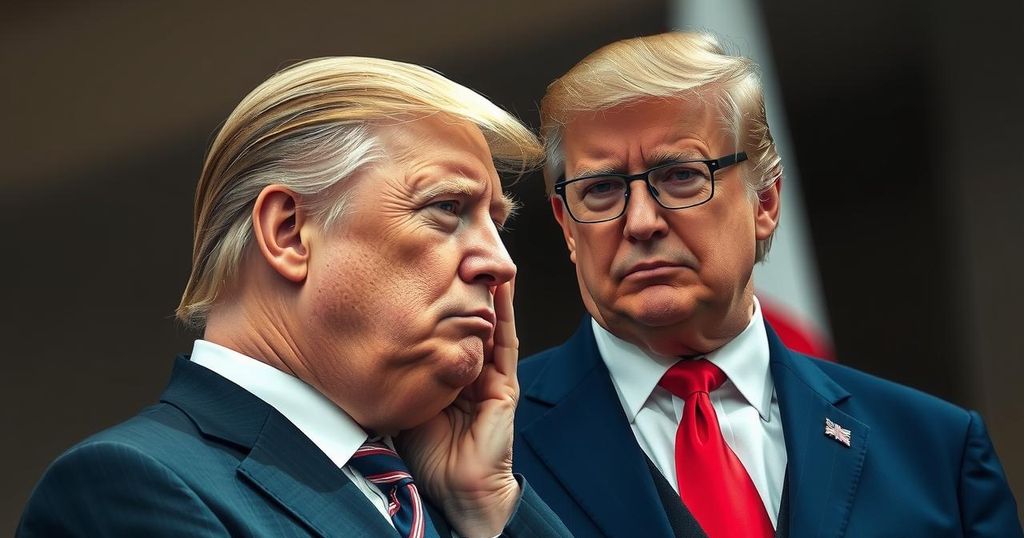Trump Pressures Russia to Resolve Ukraine Conflict Following Assad’s Fall
Following the unexpected fall of Bashar al-Assad’s regime, President-elect Donald Trump has urged Russia to bring an end to the war in Ukraine, signaling a strategic shift in U.S. foreign policy. This situation reflects broader geopolitical implications stemming from recent events in Syria and ongoing tensions in Ukraine.
Paris has witnessed significant political shifts following the abrupt collapse of Syrian President Bashar al-Assad’s regime this past Sunday. President-elect Donald Trump has since taken decisive action, urging Russian officials to prioritize an end to the protracted conflict in Ukraine. This development marks a strategic maneuver by the incoming administration, aiming to recalibrate international relationships and the existing geopolitical landscape visiting the ramifications of removed influence in Syria and an escalation of pressure on Russia to foster diplomatic resolutions in Ukraine.
The recent regime change in Syria has profound implications not only for Syrian politics but also for global diplomatic relations, particularly concerning Russia, which has been a staunch ally of Assad. As Trump assumes the presidency, he appears to be leveraging this momentum to challenge Russia’s ongoing military engagement in Ukraine. The protraction of the conflict in Ukraine has been a contentious issue in international politics, complicating relations between the West and Russia while requiring a nuanced approach to foster peace.
In conclusion, the fall of Assad’s regime signifies a pivotal moment in Middle Eastern politics that could reshape bilateral relations involving Russia and the United States. President-elect Trump’s call for Russia to resolve the conflict in Ukraine demonstrates a strategic pivot aimed at altering longstanding geopolitical dynamics. This approach underscores the potential for significant diplomatic re-engagement and sets the stage for future interactions between the United States and Russia amidst ongoing regional strife.
Original Source: www.washingtonpost.com




Post Comment